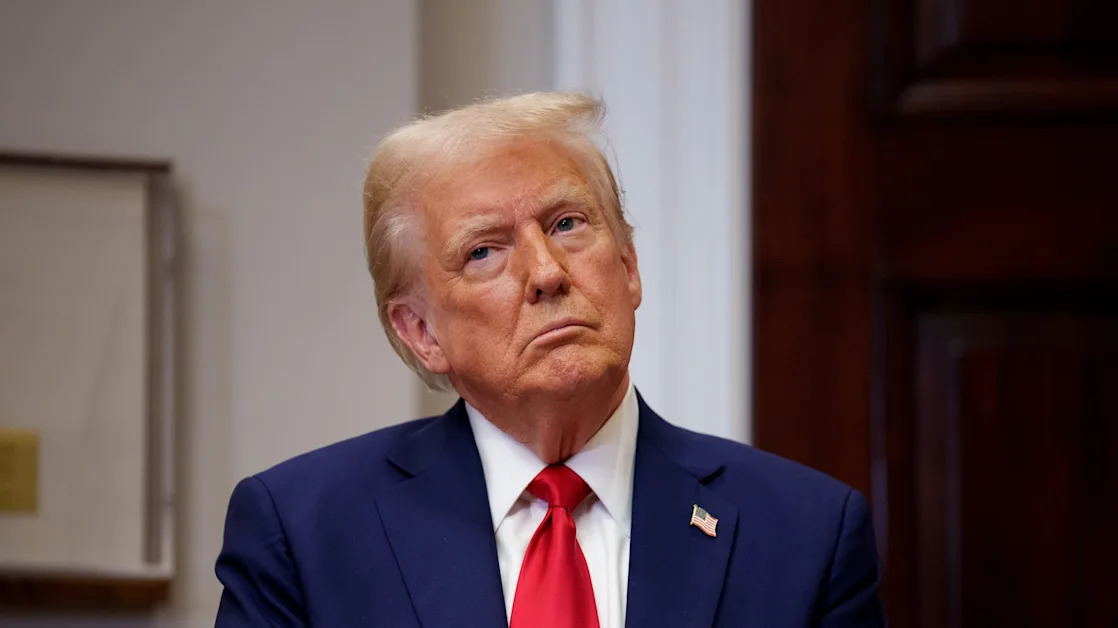
There's a lot to like about Cava Group (NYSE: CAVA) . The Mediterranean-style restaurant chain is growing like a wildfire while generating positive bottom-line profits. I understand why many investors are excited about this thrilling growth story, sending Cava's stock price 152% higher in the last 52 weeks.
But I'm not going anywhere near the "buy" button for Cava stock in the foreseeable future. This soaring stock is flying too close to the sun and looks overdue for a sharp price correction.
That's life in the risky and competitive restaurant industry.
Why investors love Cava's growth story
Again, I get it. Cava opened 62 net new restaurants over the last year, including 18 in the recently reported second quarter. Menu prices are up by 4.9% in the same span in order to tamp down inflation-based increases in ingredient costs, and foot traffic per store rose by 9.5%.
The company generated $19.7 million of net income and $22.7 million in free cash flows in the second quarter. Investors get thrilling growth and an 8% net profit margin in a single package -- where do I sign up?
That's why Cava's shares are soaring since entering the public stock market in June 2023. Unfortunately, I don't think the business can support these lofty stock prices.
Cava's high valuation ratios are concerning
That brings me to the uncomfortable bit.
Cava's stock is trading at unreasonably high valuation ratios. Yes, it's great to see that the company is profitable but it shouldn't be worth 15 times trailing sales, 308 times earnings, or 1,155 times free cash flows.
Those are soaring ratios in any industry, and especially in the ultra-competitive restaurant sector. True giants like McDonald's (NYSE: MCD) and Yum! Brands (NYSE: YUM) come with single-digit price to sales ratios and profit-based valuation multiples in the 20x to 30x range. Even the fast-growing Chipotle Mexican Grill (NYSE: CMG) chain nearly fits that modest valuation profile.
Financial risks in a crowded market
Just for fun, let's run Cava through the rigors of a discounted cash flow (DCF) calculation. This valuation method estimates a stock's value based on the amount of cash the underlying business might generate for shareholders in the long run. Using some incredibly generous estimates for Cava's potential cash flow growth, I still get a "fair value" estimate of just $5 per share. Yes, it's difficult to squeeze reasonable numbers out of the DCF equation when the cash profits are just above breakeven, but that's kind of my point here. How do you pin a fair price tag on such a risky and barely profitable business?
And the ditches of Wall Street are littered with the remains of formerly high-flying restaurant stocks. Many were seen as "the next Chipotle," just like Cava, with ambitious expansion plans to match. In many cases, they ended up stumbling over costly growth plans at the wrong time.
Remember Zoës Kitchen, for example? That was another high-growth Mediterranean restaurant concept, opening dozens of new locations per year in its heyday with long-term plans of a nationwide presence. Well, those plans didn't work out and Cava bought what was left of Zoës Kitchen in 2018. Some of its locations have been converted into Cava restaurants and others simply shut down.
When would I consider buying Cava stock?
In all fairness, I'm not terribly keen on restaurant stocks in general. The industry is too packed with rivals, all reaching for the same consumer wallets in different ways. My only exposure to this fracas is Toast (NYSE: TOST) , a maker of restaurant management hardware and software designed to save operating costs and improve their efficiency. This industry needs all the cost-saving help it can get.
And I'm a long way away from adding any Cava stock to that portfolio. I might reconsider if the unchecked growth continues without resorting to dilutive stock sales or risky debt papers along the way -- but even then, only at a much lower valuation.
So I wish the best of luck to Cava and its investors, but I'm not even a little bit tempted to own the stock right now. Come back in a few years with sustained growth and a milder share price, and maybe I'll finally reach for that ten-foot pole.
Before you buy stock in Cava Group, consider this:





